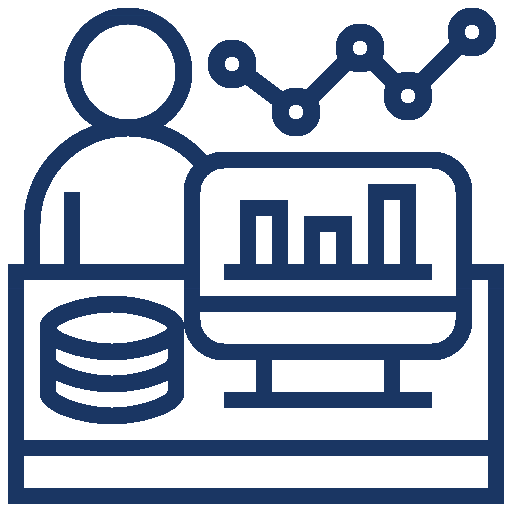“Err, I don’t have the data for that…give me a couple of days and I’ll come back to you…”
Whatever happened to “analytics in the flow”?
This could be down to several reasons. One of them being that the requirements haven’t been gathered very well to cater for ongoing ad-hoc requests. I talk about that problem in other posts.
Or it could be that your team haven’t been skilled up enough to manipulate the data sources effectively.
It reminds me a little bit of when I was driving through the Sahara desert in my gap year (yes, I know…a LONG time ago, but an experience I will never forget). It was an old Land Rover we were driving and we had lost reverse gear after driving a little hard over some boulders, but that didn’t stop us.
Everything was fine while we were driving through the open desert. No problems! Our ambition was to drive through the Sahara desert and getting home was a secondary objective. Who needs reverse?
We hadn’t foreseen the issues we would have when driving through the busy towns of Tunis or Genoa (Italy) on our way home where we would get lost on multiple occasions (this was way before Google Maps!).
We’d spent our money enjoying the good times in the desert and our budget and timetable was pushed to the limit…to put it mildly.
We ended up needing to rely on the locals to push our 2 tonne Land Rover backwards every time we needed to do a three point turn!
Happy days… and a painful limp back through Europe.
If your team aren’t fluent in joins, blends, unions and relationships – even if its just to be able to talk to the data providers at their level – this will lead to “stop / start” analysis and you and your stakeholders will be nearly as frustrated as your dashboard builders.
Hope for the best. Prepare for the worse.
Analytics in the flow requires your team to be able to drive around obstacles, such as the data sources not being perfect. That enables them to shortcut for urgent deliverables, as well as assist in redefining a longer term solutions for future developments that drive self-service.
Spending time “servicing the engine” means that you are better equipped when something critical comes up. Which it always does of course.
So, even if your organisation has curated dats sources provided by data engineers, make sure your dashboard creators are conversant in the language of data wrangling.






